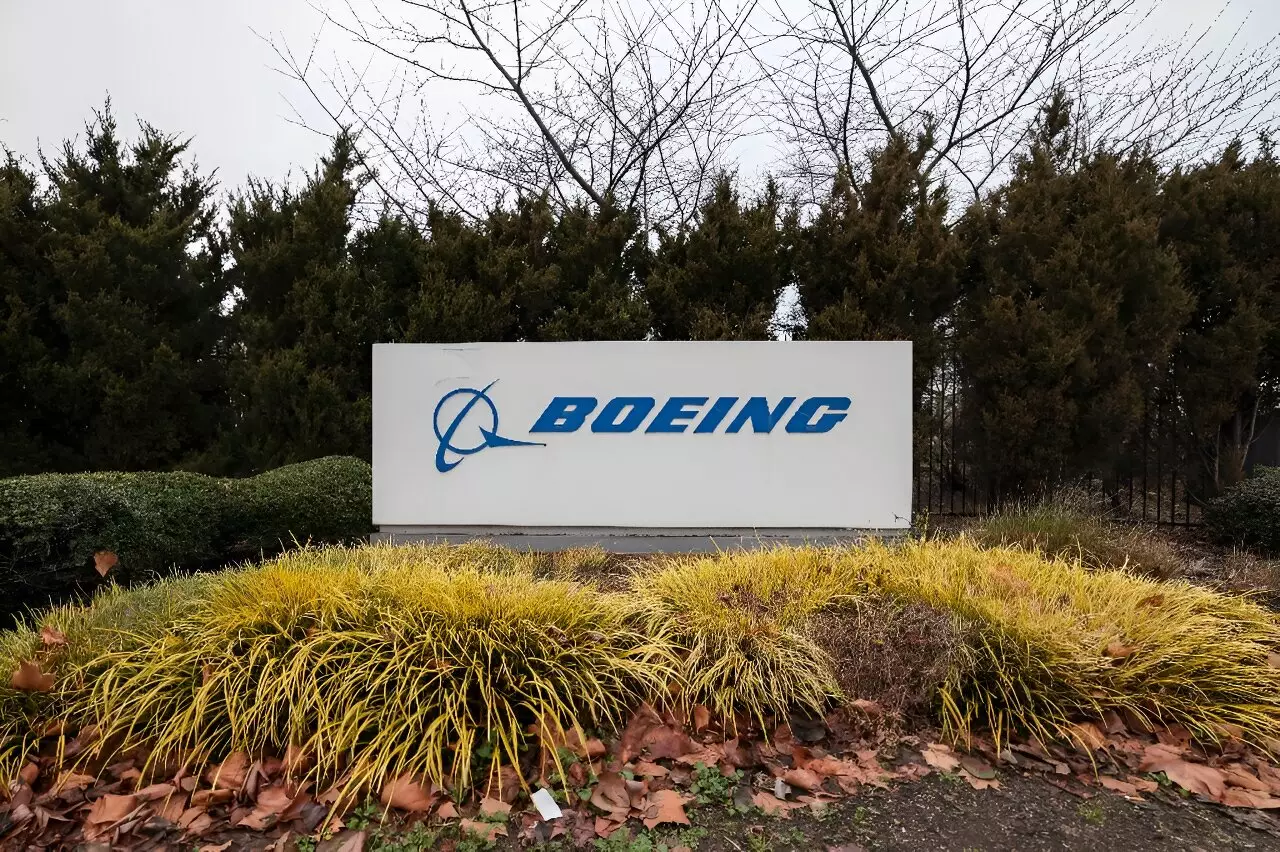Boeing, the aviation giant, is currently facing a fresh legal reckoning after prosecutors concluded that the company had flouted an earlier settlement relating to the fatal crashes of two 737 MAX airplanes. The Department of Justice proposed that Boeing plead guilty to fraud during the certification of the MAX aircraft, with a deadline for acceptance or rejection. While there has been no public comment on Boeing’s stance regarding the proposal, it was expected that if more time was needed, the deadline would be extended over the weekend. This latest legal predicament stems from the DOJ’s determination that Boeing had failed to meet requirements to improve its compliance and ethics program after the MAX crashes, violating a 2021 deferred prosecution agreement (DPA).
Families of the victims of the 737 MAX crashes remain dissatisfied with the proposed settlement. Tracy Brammeier, an attorney representing the families, stated that while the guilty plea would be significant, no one wanted Boeing to be labeled as a felon. However, the families are seeking greater accountability from Boeing, particularly in linking the company’s fraud to the 346 fatalities resulting from the crashes in Ethiopia and Indonesia. There is a push for stiffer fines on Boeing, ranging from $10 to $20 billion, with conditions tied to investments in safety and quality control. The families believe that Boeing has been given a favorable deal and are adamant about seeing justice served for their loved ones.
Boeing’s reputation has been marred by the ongoing legal battles and the failure to adhere to the terms of the DPA. The original agreement was reached in January 2021 to resolve allegations that Boeing had defrauded the Federal Aviation Administration during the MAX certification process. However, Boeing’s subsequent breach of the DPA following another incident involving a 737 MAX aircraft has raised concerns about the company’s commitment to compliance and ethics. The DOJ’s decision to uphold the original charges against Boeing suggests a desire to pursue convictions based on solid evidence, rather than introducing supplementary charges.
Legal experts have raised concerns about the effectiveness of deferred prosecution agreements, such as the one involving Boeing. John Coffee, a law professor at Columbia University, highlighted that DPAs may not adequately serve the public interest as prosecutors may prioritize achieving convictions over deterring future misconduct. Michael Stumo, who lost his daughter in one of the MAX crashes, emphasized the need for stricter penalties on Boeing to ensure that the company prioritizes safety and quality standards. Miriam Baer, a law professor at Brooklyn Law School, observed that the DOJ’s decision to focus on existing charges against Boeing indicates a strategic approach to prosecution.
Boeing’s legal troubles continue to unfold as the company grapples with the fallout from the 737 MAX crashes and the subsequent legal proceedings. The dissatisfaction among the families of the crash victims underscores the need for accountability and justice in cases of corporate wrongdoing. Moving forward, it remains to be seen how the DOJ will proceed with the case against Boeing and what implications this ongoing legal saga will have on the aviation industry as a whole.


Leave a Reply